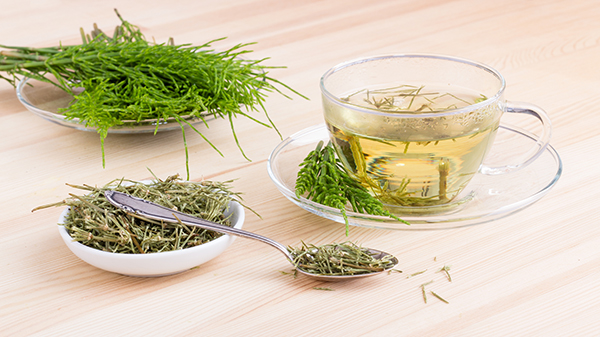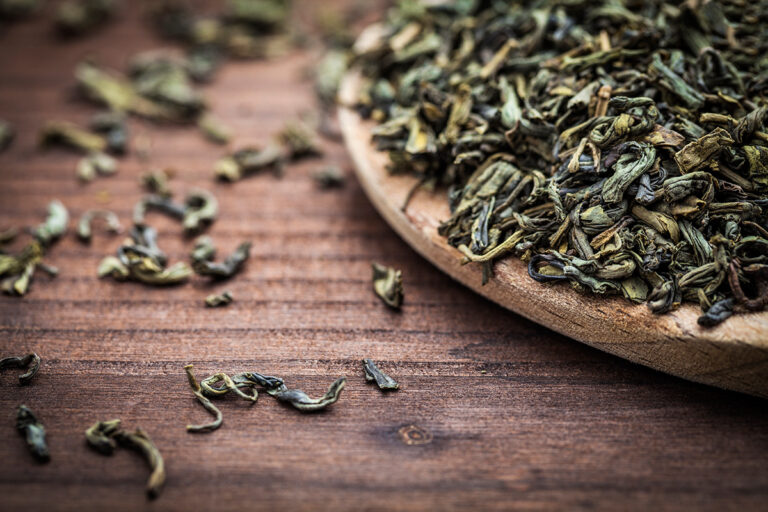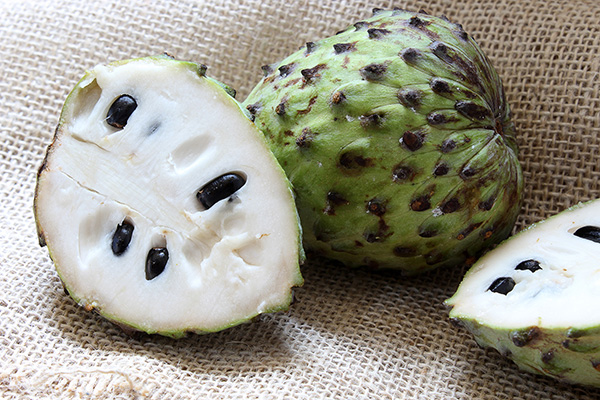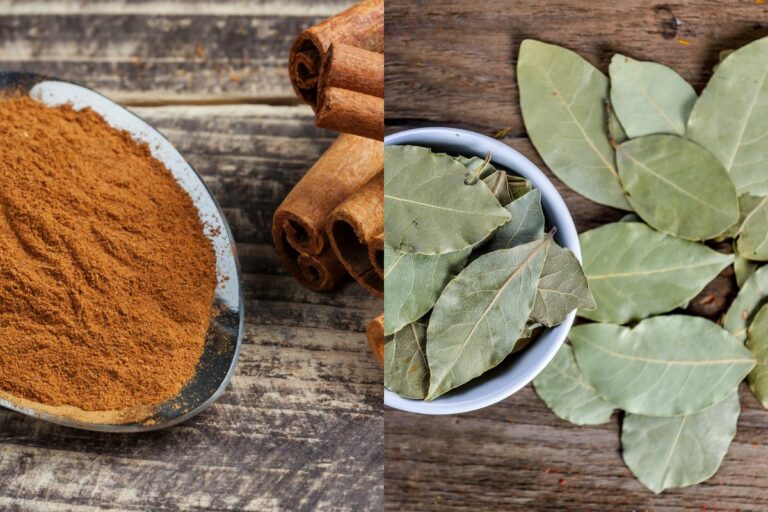Horsetail Tea: Benefits, Side Effects, and How to Make It
Horsetail tea is a herbal infusion made from the horsetail plant, scientifically known as Equisetum arvense. The plant has a rich history of medicinal use dating back to ancient Greek and Roman times. Its name is derived from its tall, reed-like appearance, similar to a horse’s tail.

Potential Health Benefits of Horsetail Tea
Horsetail tea has been touted for numerous health benefits.
Rich in Antioxidants
Horsetail tea is rich in antioxidants, compounds that fight against harmful free radicals in your body. These antioxidants help reduce oxidative stress, which can contribute to various chronic diseases like heart disease and cancer.
Promotes Bone Health
The tea is a natural source of silica, a mineral vital for bone health. Regular consumption of horsetail tea can potentially strengthen your bones and prevent conditions like osteoporosis.
Supports Urinary Health
Horsetail tea has been used traditionally as a diuretic. This means it can promote urination, helping your body get rid of excess water and salt, which supports overall urinary health.
Helps in Wound Healing
Topically applied or consumed, horsetail tea is known to speed up wound healing due to its antibacterial properties and ability to promote collagen production.
Horsetail Tea Side Effects
While horsetail tea is generally safe for most people, it’s crucial to be aware of its potential side effects:
May Cause Electrolyte Imbalance
Due to its diuretic properties, overconsumption of horsetail tea can potentially lead to an electrolyte imbalance in your body, which may cause muscle weakness or irregular heartbeat.
Possible Allergic Reactions
Some people might be allergic to horsetail tea. Signs of an allergic reaction include itching, rashes, breathing difficulties, and severe dizziness.
Who Should Not Drink Horsetail Tea?
Pregnant and breastfeeding women, children, and individuals with kidney disorders or heart conditions should consult a healthcare professional before adding horsetail tea to their routine.
How to Make Horsetail Tea
Making horsetail tea is a straightforward process. Here’s how you can prepare it:
- Boil a cup of water.
- Add 1-2 teaspoons of dried horsetail herb to a teapot.
- Pour the boiling water into the teapot.
- Let it steep for 5-10 minutes.
- Strain the tea into a cup.
Remember to follow the manufacturer’s guidelines on the package if you are using a store-bought product.
Final Thoughts
While horsetail tea offers numerous health benefits, it’s essential to consume it moderately and be aware of potential side effects. If you experience any adverse reactions or have any health conditions, consult a healthcare professional before continuing its use.
FAQ
What Does Horsetail Tea Taste Like?
Horsetail tea has a mild, slightly bitter, earthy flavor. Some people compare its taste to that of green tea.
When Should I Drink Horsetail Tea?
You can enjoy horsetail tea any time of the day, but some people prefer drinking it in the morning for its potential diuretic effects.
How Often Can You Drink Horsetail Tea?
For most people, one to two cups of horsetail tea a day should be safe and beneficial. However, the exact dosage may vary depending on individual health status and the manufacturer’s guidelines.
How Long Can You Drink Horsetail Tea Safely?
Long-term use of horsetail tea is not recommended without the advice of a healthcare professional due to potential side effects. As a general rule, use it for a few weeks at a time, take a break, and then resume if necessary. Always refer to the manufacturer’s guidelines for specific recommendations.
Is Horsetail Tea Good for Kidney Stones?
Horsetail tea is often used for its diuretic properties, which may help increase urine output and potentially aid in passing kidney stones. However, more scientific research is needed to confirm its effectiveness, and it should not replace medical advice.
Is Horsetail Tea Good for Overactive Bladder?
There is some anecdotal evidence suggesting that horsetail tea may help with overactive bladder due to its potential diuretic properties. However, scientific research supporting this specific use is currently lacking.






